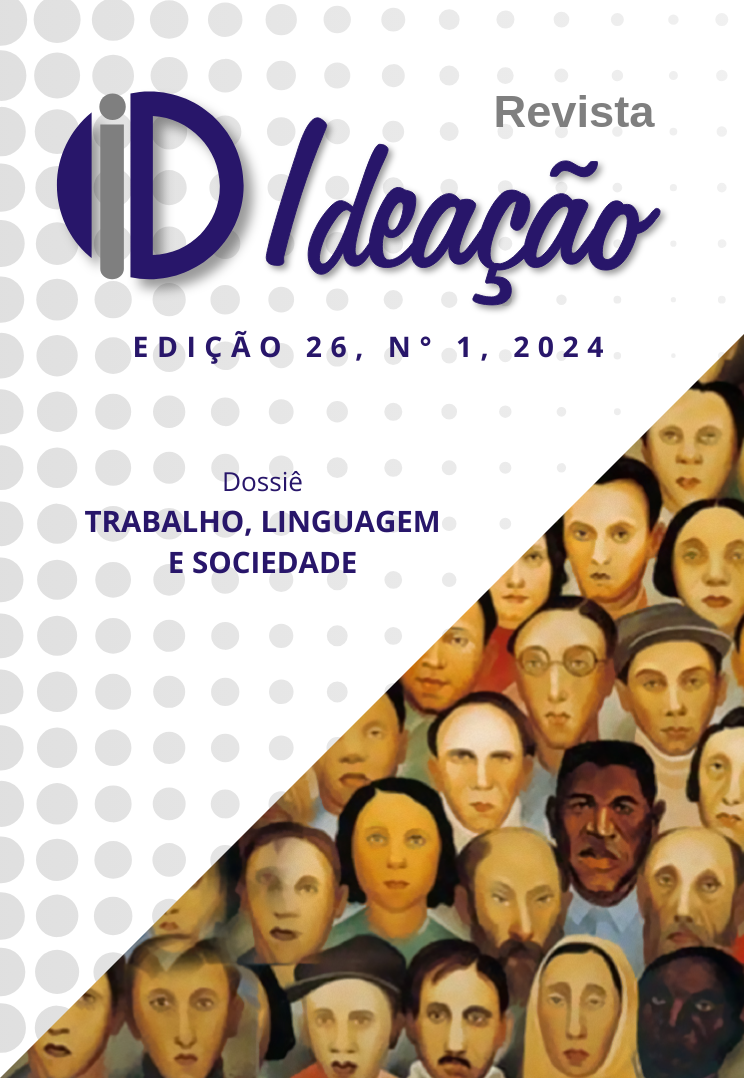The Portuguese language of the BNCC and the influence of neoliberal ideologies
DOI:
https://doi.org/10.48075/ri.v26i1.31847Keywords:
BNCC, Neoliberalism, Skills, Portuguese LanguageAbstract
This work aims to carry out a brief analysis of the most recent guiding document of Brazilian education, the Base Nacional Comum Curricular (BNCC), highlighting the influence suffered by neoliberal ideologies. We will base ourselves on national documents for education and on some scholars, such as Bakhtin (2010), Bonini e Costa-Hubes (2019), Rossi e Souza (2019) e Volochínov (2014). The article is divided as follows: we begin with the process of writing the BNCC, then we verify the neoliberal traits present in the document, then we present a resumption of the theoretical bases of the enunciative-discursive perspective, and a reflection on the ten specific competences of the Portuguese language for Elementary Education and some important considerations. With the work, we realized the need for a close look at the neoliberal influences present in the document, which is evident in the final phase of the process of writing the normative document. Neoliberal forces acted in the choice of competences and this consequently influenced the extent to which the enunciative-discursive perspective was adopted by the document.
Keywords: BNCC; Neoliberalism; Skills; Portuguese Language.
Downloads
Published
How to Cite
Issue
Section
License
Copyright (c) 2023 Direitos partilhados conforme licença CC BY-NC-SA 4.0

This work is licensed under a Creative Commons Attribution-NonCommercial-ShareAlike 4.0 International License.
Authors who publish in this journal agree with the following terms:
1. Authors maintain copyright and grant the journal the right of first publication, with the work simultaneously licensed under the Creative Commons Attribution License that allows the sharing of the work with recognition of authorship and initial publication in this journal.
2. Authors are authorized to assume additional contracts separately, for non-exclusive distribution of the version of the work published in this journal (e.g., to publish in an institutional repository or as a book chapter), with acknowledgment of authorship and initial publication in this journal.
3. Authors are allowed and encouraged to publish and distribute their work online (e.g., in institutional repositories or as a personal page) at any point before or during the editorial process, as this may generate productive changes, as well as increase the impact and citation of the published work (See The Effect of Free Access).
Creative Commons License
This work is licensed under a Creative Commons Attribution-Noncommercial-ShareAlike 4.0 International License, which permits sharing, copying, distributing, displaying, reproducing, the whole or parts provided it has no commercial purpose and the authors and source are cited.


